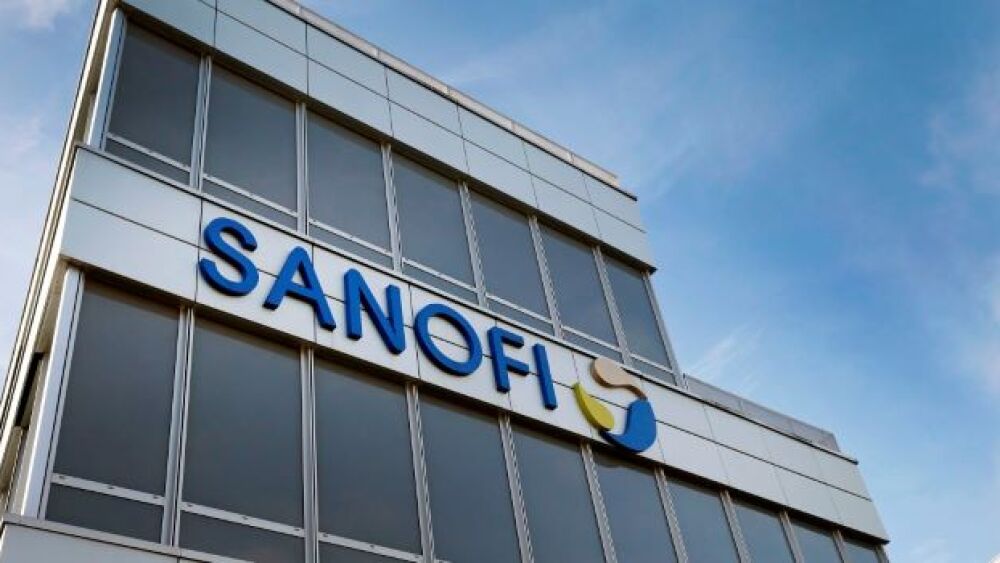Sanofi’s global head of R&D, John Reed, is leaving his position to pursue another opportunity outside the company, the French multinational announced Monday.
Courtesy of Chesnot/Getty Images
Sanofi’s global head of R&D, John Reed, is leaving his position to pursue another opportunity outside the company, the French multinational announced Monday.
The company has launched an internal and external search for Reed’s permanent replacement. In the meantime, his post will temporarily be filled by Dietmar Berger, M.D., Ph.D., Sanofi’s current chief medical officer and global head of development.
Reed joined Sanofi in 2018 and under his leadership, the company’s R&D division has “built a robust pipeline” and “sharpened its research focus,” said Paul Hudson, CEO, Sanofi, in a statement.
A Year of Launches and Pivotal Readouts
Reed’s departure comes as the R&D division is preparing for an eventful year.
The company expects to launch two products this year. The first is efanesoctocog alfa, a recombinant factor VIII therapy being assessed as a once-weekly prophylactic treatment against bleeding in hemophilia A patients.
In July 2022, Sanofi, along with its Swedish partner Sobi, released pivotal data from the Phase III XTEND-1 trial showing the candidate elicited clinically meaningful protection from bleeding in patients with severe hemophilia A. Moreover, efanesoctocog alfa proved to be significantly better than prior factor VIII prophylaxis.
The FDA granted priority review to the candidate’s Biologics License Application in August 2022 and set a Prescription Drug User Fee Act (PDUFA) date of Feb. 28.
Sanofi’s second anticipated 2023 launch involves its respiratory syncytial virus vaccine (RSV) Beyfortus (nirsevimab), an investigational monoclonal antibody being developed in collaboration with AstraZeneca.
In November 2022, the European Commission gave the RSV shot its greenlight, making Beyfortus the first single-dose protective medicine in the European Union for lower respiratory tract disease due to RSV infection in newborns and infants. In the U.S., the FDA has granted nirsevimab Breakthrough Therapy designation.
In May 2022, Phase III data showed nirsevimab could reduce lower respiratory RSV infections by 79.5% in infants. Anti-RSV antibodies were also nearly 50 times higher in immunized infants than in placebo controls 151 days after dosing.
Sanofi also expects nine Phase III or otherwise pivotal readouts this year. These include two Dupixent (dupilumab) studies in chronic obstructive pulmonary disease and chronic inducible cold urticaria, tolebrutinib in multiple sclerosis, rilzabrutinib in immune thrombocytopenia and fitusiran in hemophilia A and B.






